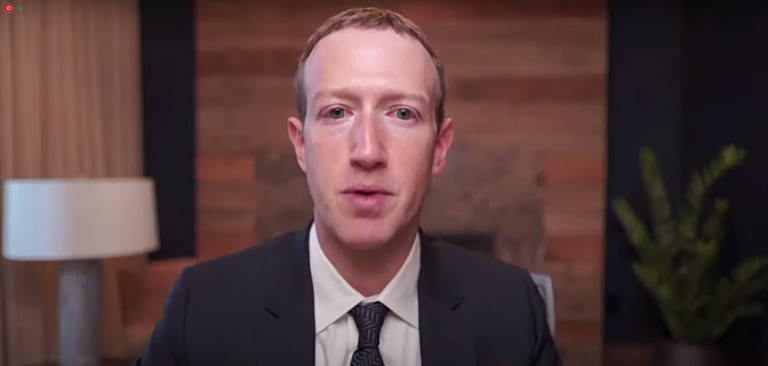Facebook CEO Mark Zuckerberg is once again calling for reform of the Communications Decency Act (CDA) Section 230 – as he once is again appearing before a US Congress committee.
Zuckerberg’s testimony on Thursday before the House Energy Committee revealed that Zuckerberg is proposing replacing automatic immunity from prosecution for user generated content with platforms like his own demonstrating that they have implemented “adequate” moderation and censorship systems.
He said that these systems would be used for “identifying unlawful content and removing it.” The thought behind this seems to be to convince critics that tech giants are doing everything to meet the ever-moving target of increased moderation – but some fear there might be more sinister overtones to the proposal, as it has the potential to place further financial obstacles before smaller competitors.
Under Section 230, online services cannot be sued for third party content hosted on their social media and other platforms. The law was passed in 1996.
But Zuckerberg’s latest ideas on how to reform this in many ways challenged piece of legislation are raising the question of modern-day upcoming competitors, with orders of magnitude less financial resources, would be able to afford putting in place and running such systems.
The Facebook CEO appeared to vaguely address this point by saying the systems he is proposing should be “proportionate to platform size.” As for who would make the decision on proportionality, Zuckerberg is suggesting “a third party.”
Both Republicans and Democrats have over the past year or so sought to reform and even repeal Section 230, albeit for different reasons. Republicans are saying it allows tech giants to censor conservative content with impunity, while Democrats think these corporations are not doing enough to suppress what they see as misinformation and fake news.
Last October, Zuckerberg’s argument in favor of reforming Section 230 had a somewhat different focus, since he then also spoke about the need to moderate content “fairly and transparently.”






















